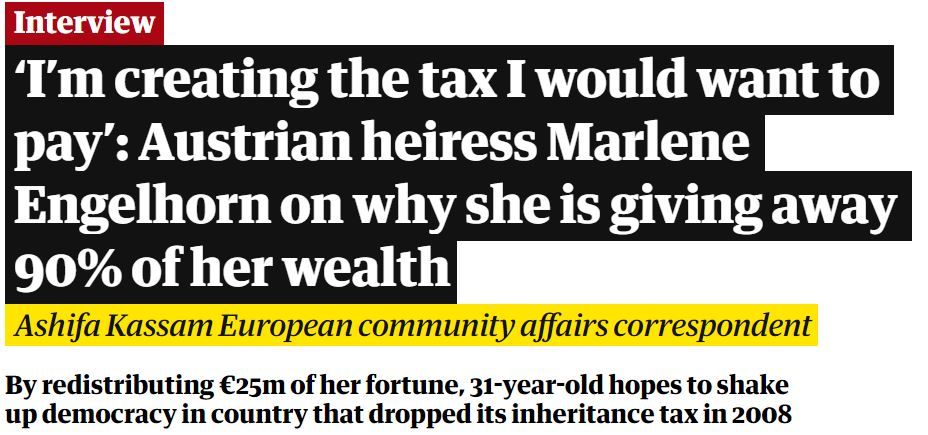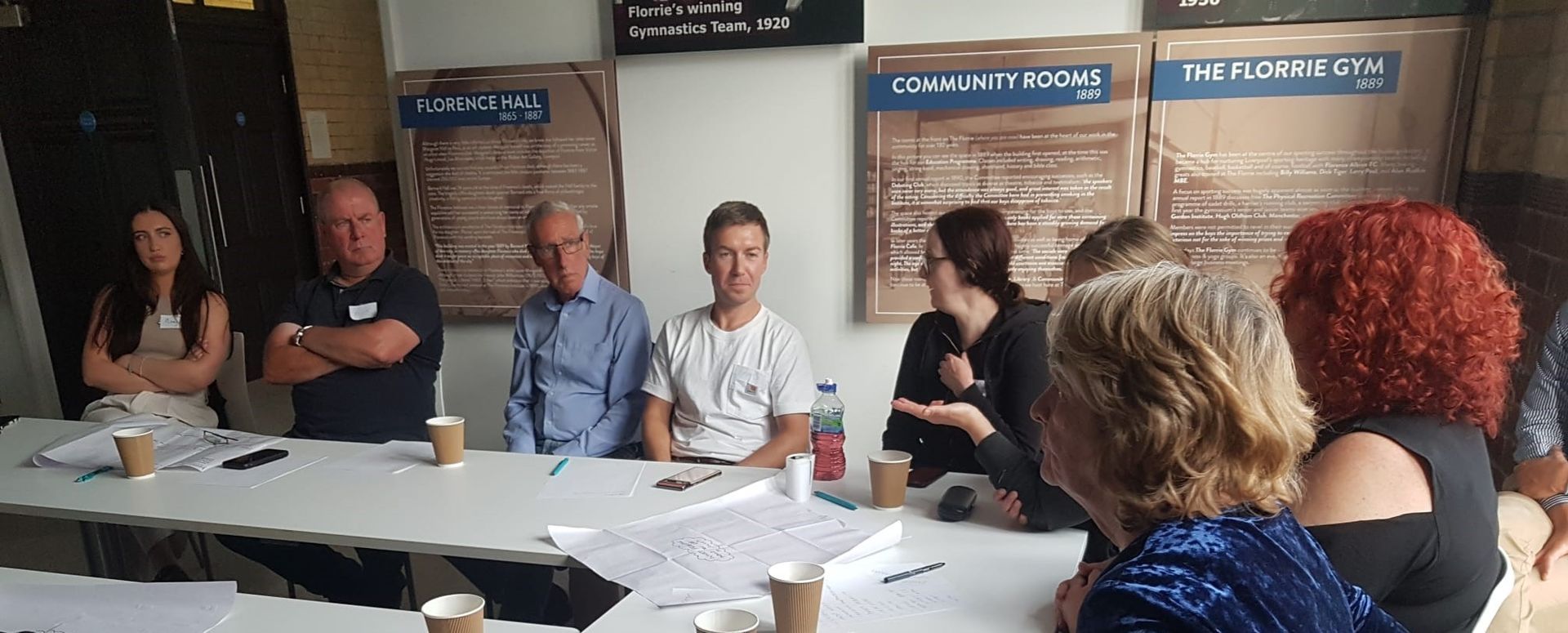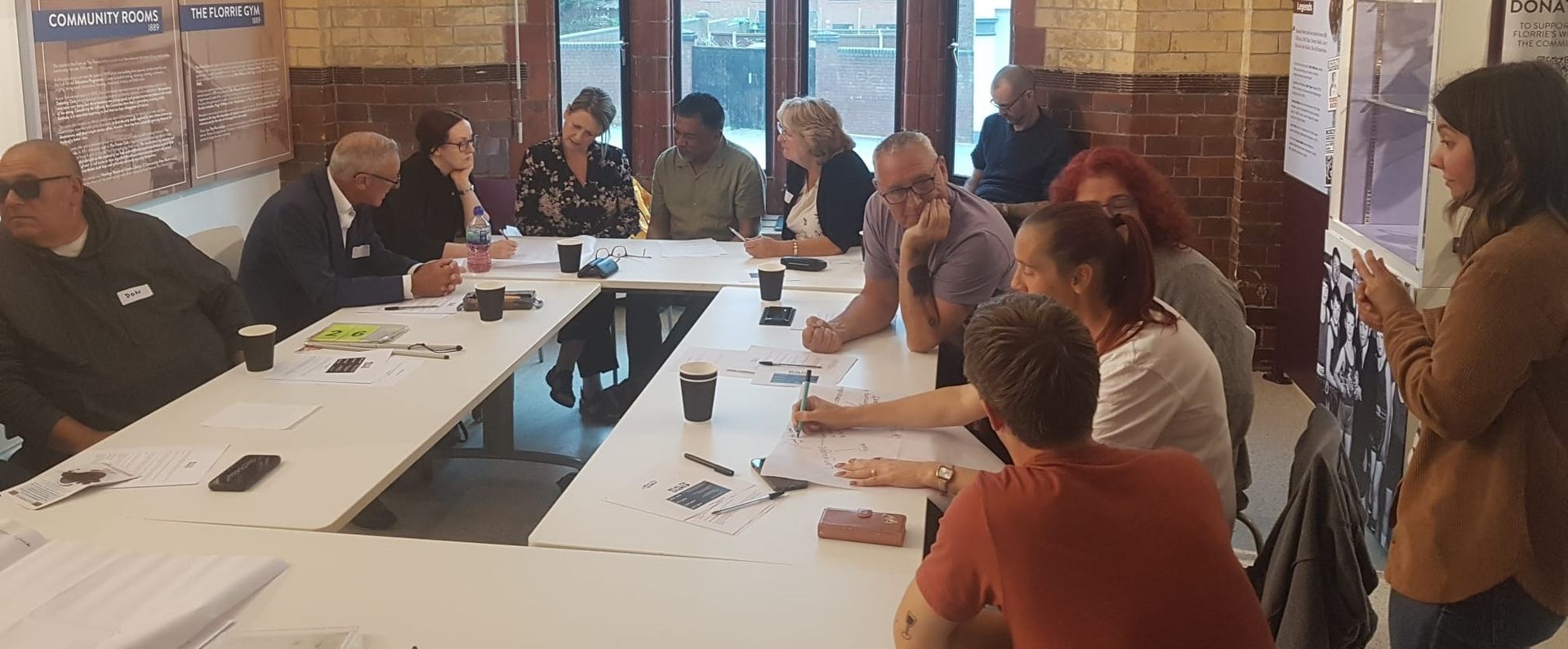Time's up!
Four weeks ago, we brought together twelve randomly-selected citizens of Liverpool to decide what should happen to £100k. Since then, they have grappled with the big existential questions arising from this task. There have been moments of high energy, calm consideration and an epic bid against the clock to reconcile competing perspectives and ideas.
Their time has now run out. What did they decide? We’re going to keep you guessing for a bit longer as we prepare a report on the process. This will be out sometime in the autumn.
In the meantime, here are a few hints at what happened in the final session.
Burning dispassion
Wealth and giving can be emotional subjects. They touch on deeply personal experiences and relate to issues of suffering and injustice.
There was discussion about how this is perfectly natural, and can even help to galvanise people to take action. There was also an agreement about the need to try and weigh up the options in a dispassionate and objective manner.
Throughout the process, the group has been focused on the question of how to maximise the impact of the money and on finding deliberate ways to narrow down the possible options.
Good governance
A focus of this week’s session was on the governance of organisations. The group examined the structures of some organisations under consideration to receive the money and discussed whether certain structures and procedures are advantageous or otherwise.
This included some consideration of the remuneration of senior executives and board members. There was agreement that excessive pay packets reflect poorly on organisations and can reflect internal cultural issues. There was also agreement that organisations should be given a certain amount of leeway to decide what arrangements work best for them and that adequate remuneration, including for board members and trustees, is ok if it helps them to function in a professional way.
The participants looked at different types of charities and not-for-profit companies and there was agreement that as long as they operate transparently and comply with the relevant regulations, it is difficult to draw any hard and fast rules about what structures are best. It is more helpful to look at the track record of what organisations have delivered.
Attaching strings
A continuing topic during the deliberation has been whether the money should be handed over with some kind of stipulation that it be used for a particular purpose.
One rule of the process is that the group was asked to agree on one-off donations or transfers and can have no continuing relationship with the money. I reported last week that the group has expressed a certain amount of anxiety about handing over the funds with no way of holding beneficiaries to account on how they are spent.
It’s been suggested that attaching conditions to the donation(s) would give the group peace of mind that the money will be used in a way which aligns with their hopes and expectations. However, the group ultimately decided that any donations should be made unconditionally, and that organisations should be trusted to determine how exactly the money should be deployed









